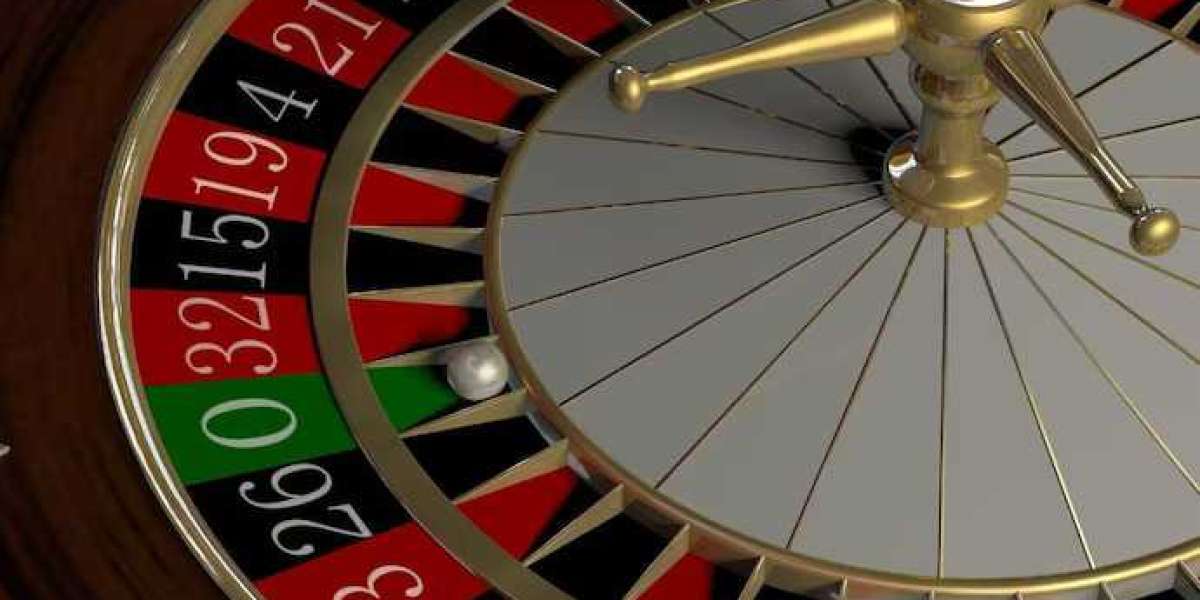It remains one of the most popular forms of gambling in certain parts of the country. Here's an in-depth look at the game, its history, how it works, and the potential risks involved.
The Origins and Evolution of Satta King
Satta King traces its origins back to the 1950s when it began as a simple lottery-style betting game known as "Ankada Jugar." Initially, the game revolved around betting on the opening and closing rates of cotton traded on the New York Cotton Exchange. As the game gained popularity, the betting focus shifted to other markets, such as foreign exchange rates.
By the late 1960s, the game had evolved into betting on random numbers drawn from a matka (a type of pot), earning it the name "Matka gambling." As authorities began cracking down on such gambling activities, the game shifted to underground operations, where it continued to thrive under various names, including "Satta Matka" and "Satta King."
How Satta King Works
Satta King is a straightforward game of chance. Participants place bets on specific numbers within a predetermined range, often from 0 to 99. Once all bets are placed, a random number is drawn using a random number generator or a similar method.
The person who placed a bet on the winning number earns a payout according to the odds offered at the time of placing the bet. The odds vary depending on the type of bet and the specific game's rules.
Various versions of Satta King exist, with the most popular being Gali, Desawar, and Faridabad. Each of these games operates with its own set of rules and schedule, offering players a variety of options.
Legal Status and Controversy
Satta King and other forms of gambling are illegal in most parts of India, except for a few exceptions like Goa and Sikkim. As a result, the game is often operated underground and can pose significant legal risks to both organizers and participants.
The game's underground nature also raises concerns about the lack of regulation and fairness. Players have no guarantee of a fair outcome, and they may be vulnerable to fraud and exploitation. Additionally, the lack of oversight can lead to players developing gambling addictions, which can have detrimental effects on their personal and financial lives.
Risks and Dangers
Engaging in Satta King comes with several risks and dangers:
Legal Consequences: Since gambling is illegal in most parts of India, players risk facing legal action if caught participating in the game.
Financial Loss: As with any form of gambling, there is a high chance of losing money. Players may end up spending more than they can afford to lose.
Addiction: Gambling addiction is a serious concern for players who find themselves unable to stop playing. This can lead to financial ruin, relationship issues, and mental health problems.
Exploitation: The underground nature of Satta King makes players susceptible to exploitation by organizers who may not operate fairly.
Alternatives to Satta King
Given the risks associated with Satta King, players should consider alternative forms of entertainment or investment that are safer and legally recognized. For those looking for excitement without the dangers of gambling, there are other legal options such as lotteries, sports betting, or online games, depending on local laws and regulations.
Conclusion
Satta King remains a controversial and popular gambling game in parts of India. While it offers the thrill of winning big, the risks and potential consequences should not be underestimated. Players should be cautious and informed before participating in such games, taking into account the legal status and potential dangers. It is always advisable to engage in entertainment and investment activities that are safe and within the bounds of the law.







